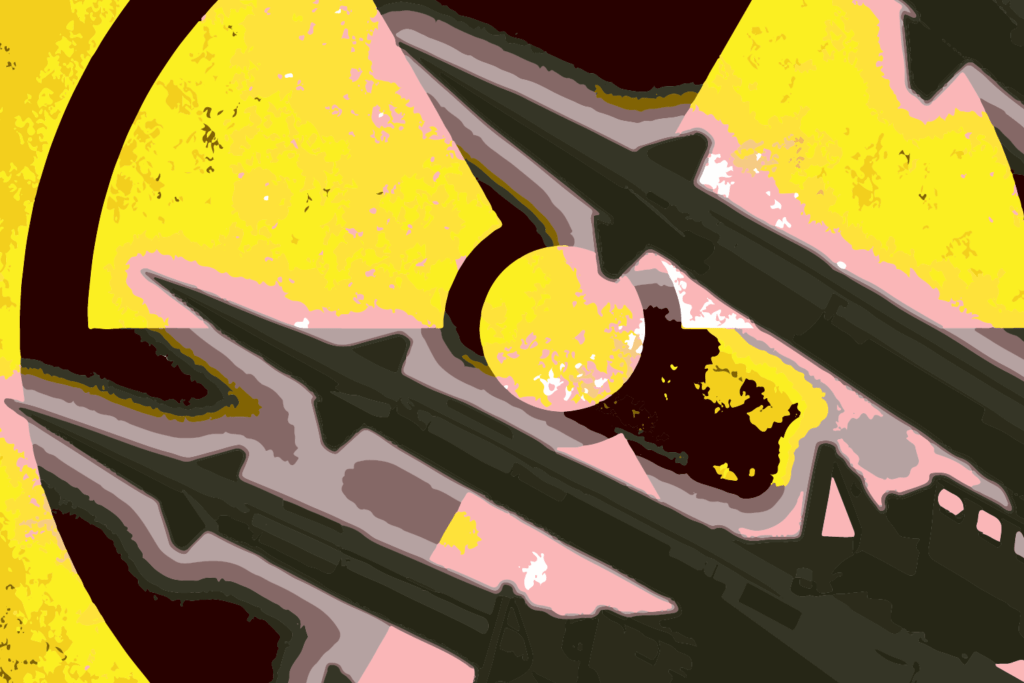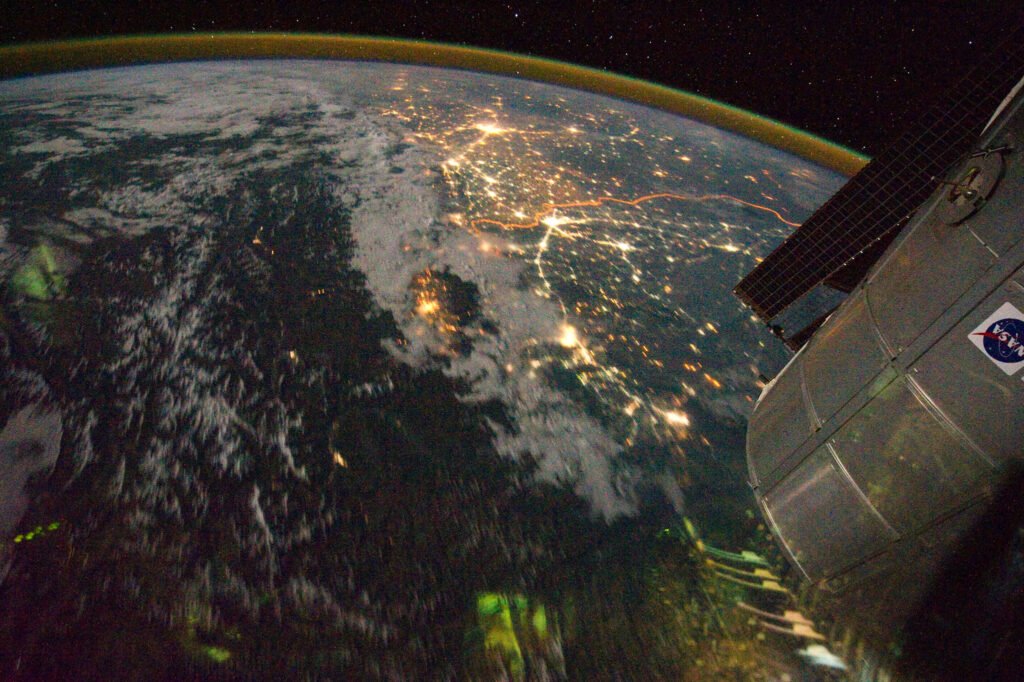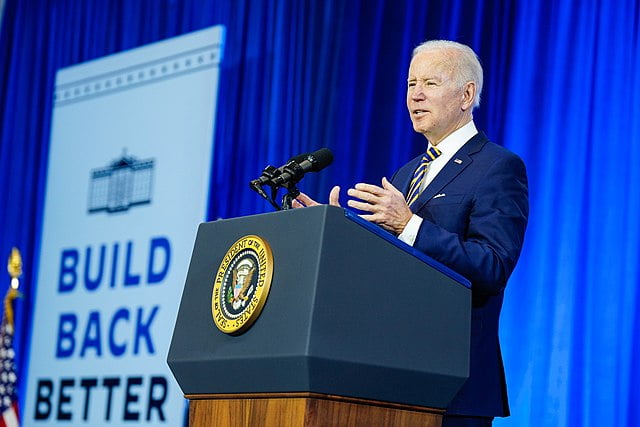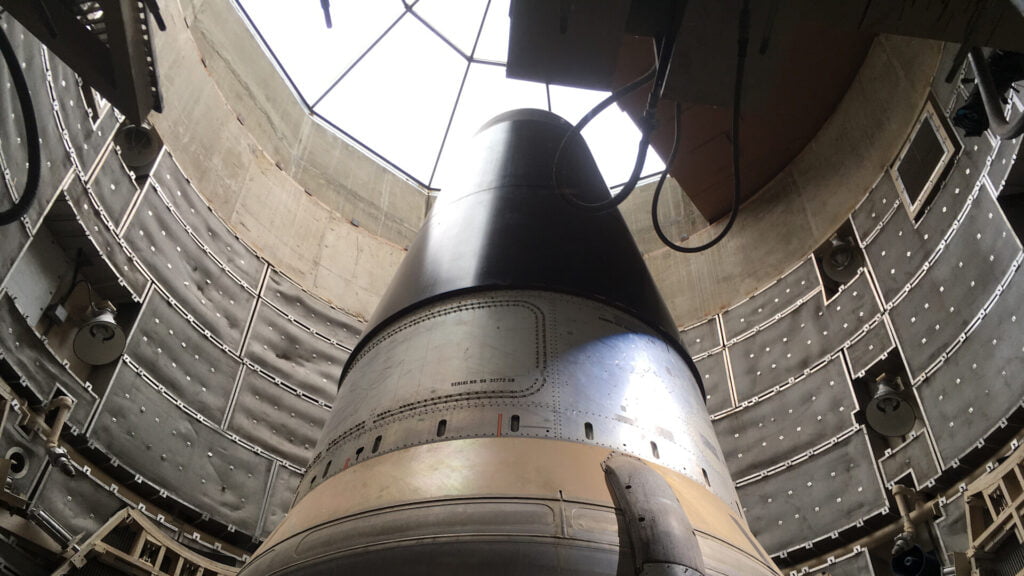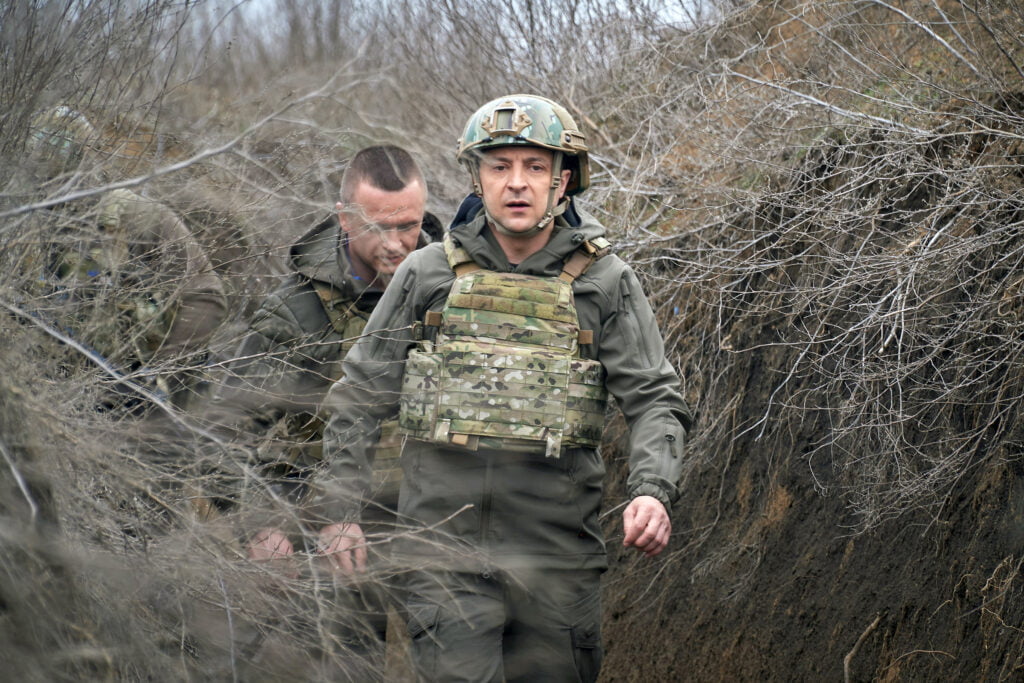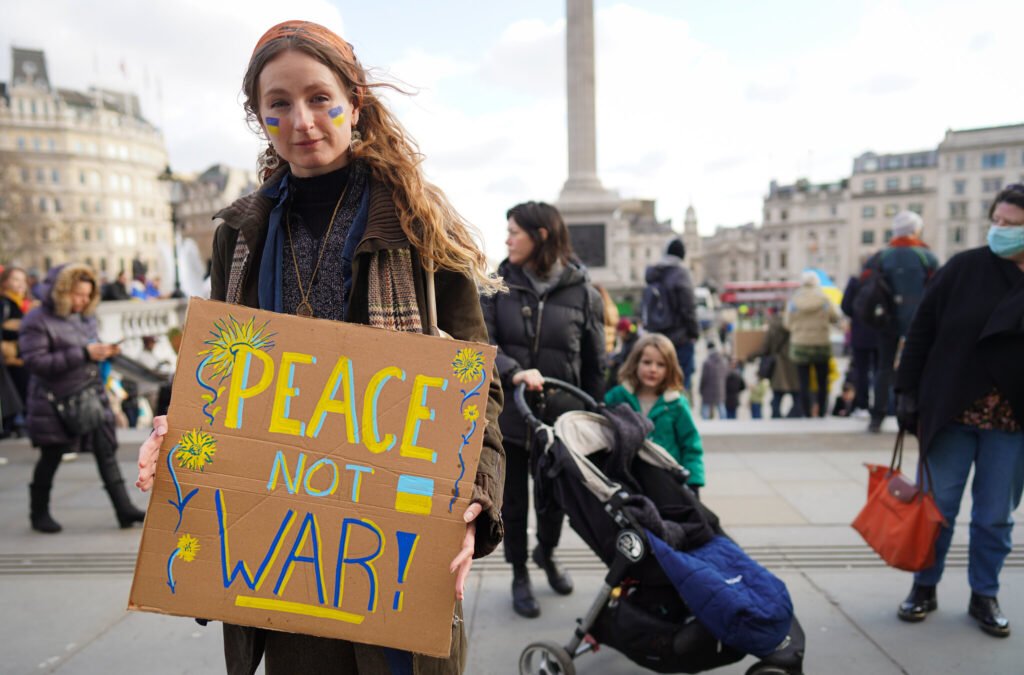Watching Ukraine suffer at the hands of Russia is likely to strengthen North Korea’s resolve to keep its nuclear weapons.
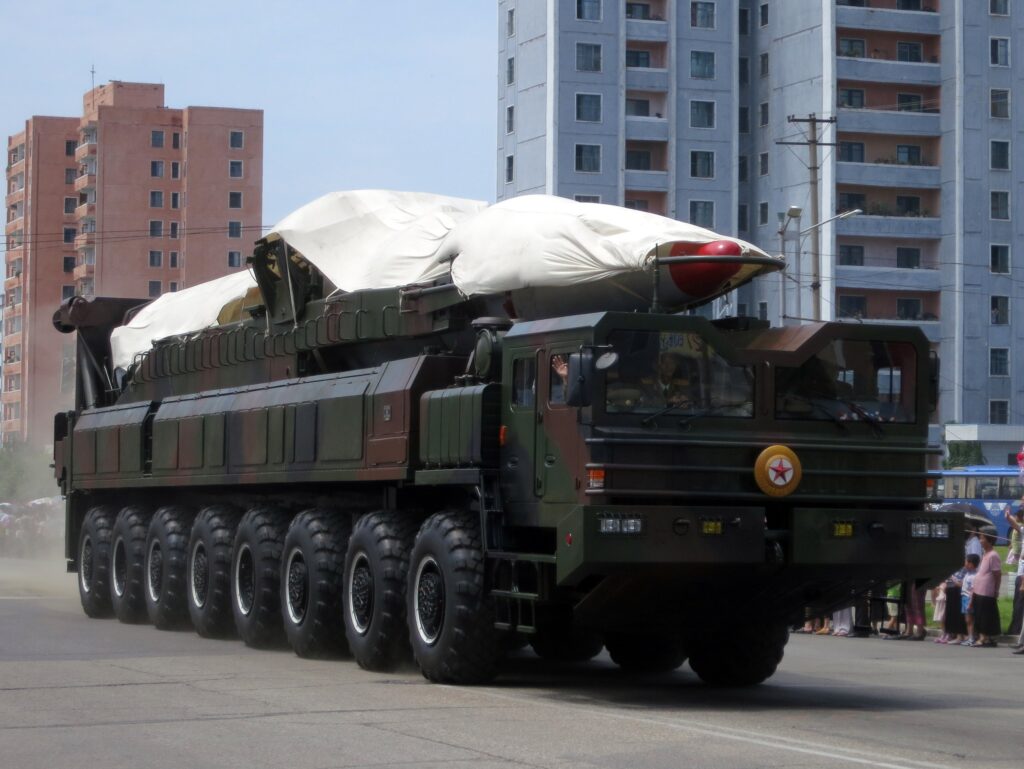 North Korea makes its arsenal well known via public displays. : Stefan Krasowski
North Korea makes its arsenal well known via public displays. : Stefan Krasowski
Watching Ukraine suffer at the hands of Russia is likely to strengthen North Korea’s resolve to keep its nuclear weapons.
History repeats, and with it, international politics is also repeated. In Northeast Asia, the Cold War framing of international politics has not changed much since the middle of the 20th century.
Geopolitical positions are taken with a fusion of past, present and future. As the Ukraine crisis deepens, and Russia reminds the world of its nuclear arsenal, North Korea’s own nuclear capabilities continue to influence its global positioning, and that of its neighbours.
North Korea has been preparing for nuclear conflict longer than most people realise. It began to develop nuclear weapons in September 1950, when US General Douglas MacArthur landed at Incheon and deployed the military forces of South Korea and the United States.
After the nuclear bombing of Japan, North Korea was very afraid of the US Air Force and nuclear weapons during the Korean War. But the indifferent attitude of the Soviet Union during the War and the unwillingness of the Chinese Army to participate in the initial stage disappointed them. These neutral stances left North Korea’s military strategy centred on securing its “ability to perform its own war”, or “juche diplomacy”.
North Korean nuclear tests in 2006 led to sanctions by the United Nations Security Council. Despite the international pressure, North Korea persevered, conducting six nuclear tests. It claimed to have developed an intercontinental ballistic missile and transport vehicle. In recent years, North Korea has said the US mainland is within range of its missile strike.
Ukraine was strongly urged to denuclearise after separation from Russia in the early 1990s. Former US Secretary of Defense William Perry described in his 2015 book My Journey at the Nuclear Brink the process of building bridges between the US Congress and the new Ukrainian administration to finance the removal of nuclear weapons. Perry led the process of dismantling 80 intercontinental ballistic missiles and 800 nuclear warheads.
However Pyongyang is unlikely to accept such a denuclearisation plan. The crisis in Ukraine suggests a situation in which a new Cold War order is established and points to new changes in north-east Asian international politics.
Summits were held between North Korea and the US during 2018-2019. But around that time, North Korean leader Kim Jong-un also visited China. He has visited five times in six years of power, strengthening Sino–North Korean relations. In fact, Chinese leader Xi Jinping had been in full engagement with Kim Jong-un in advance of the first summit with US President Donald Trump. He was strategically positioning North Korea as a leverage so that he would be able to push back against US demands in its growing trade war.
Following Russia’s invasion of Ukraine, North Korea’s negative perception of complete and verifiable denuclearisation will be reinforced. Kim Jong-un is likely to conclude that Ukraine’s tragedy is in part due to its denuclearisation.
International politics in this new Cold War era will have a negative effect on hopes for the denuclearisation and unification of the Korean Peninsula. Following the US-North Korea summits, North Korea made some movement towards denuclearisation. However, the talks later fell apart. Now, North Korea is likely to insist on retaining some nuclear capability, but the international community will not agree to a reunification of the Korean peninsula while North Korea retains nuclear weapons.
South Korea will persist with its attempts to solve the problem diplomatically. But while North Korea continues with military provocations such as missile launches and nuclear tests, South Korea will keep the option of building its own nuclear weapons alive. South Korea generates 26 percent of its power with nuclear technology
According to a 2021 poll of South Koreans conducted by Chicago Global Affairs, a think tank, support for nuclear weapons is robust, with 71 percent in favour of South Korea developing its own nuclear weapons and 56 percent supporting deployment of US nuclear weapons from South Korea. The US lifted missile range restrictions imposed upon South Korea in 2021.
In 2022, North Korea is highly likely to revisit its previous military provocations, such as the intercontinental ballistic missile launch and perhaps conduct a seventh nuclear test. It is likely to push back on the sanctions against North Korea by reminding the world that the US is within reach of its missiles.
Sung-wook Nam is an East Asia expert with Korea University. He has worked as an analyst for the Korean National Intelligence Service and an advisor to the Ministry of National Defense, Ministry of National Unification and Ministry of Foreign Affairs.
Originally published under Creative Commons by 360info™.


